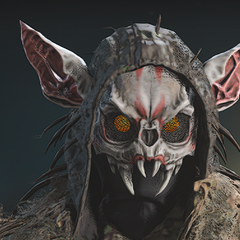-
Featured Topics
-
Topics
-
Lythyum ·
Posted in LTTStore.com Merch0 -
2
-
0
-
damian61 ·
Posted in Troubleshooting0 -
BrandBoozle ·
Posted in Troubleshooting4 -
1
-
mecurt78 ·
Posted in Troubleshooting1 -
8
-
jonrosalia ·
Posted in LTTStore.com Merch1 -
amir2927 ·
Posted in CPUs, Motherboards, and Memory4
-


.png.255947720031a641abdac78e663b681c.png)













Create an account or sign in to comment
You need to be a member in order to leave a comment
Create an account
Sign up for a new account in our community. It's easy!
Register a new accountSign in
Already have an account? Sign in here.
Sign In Now